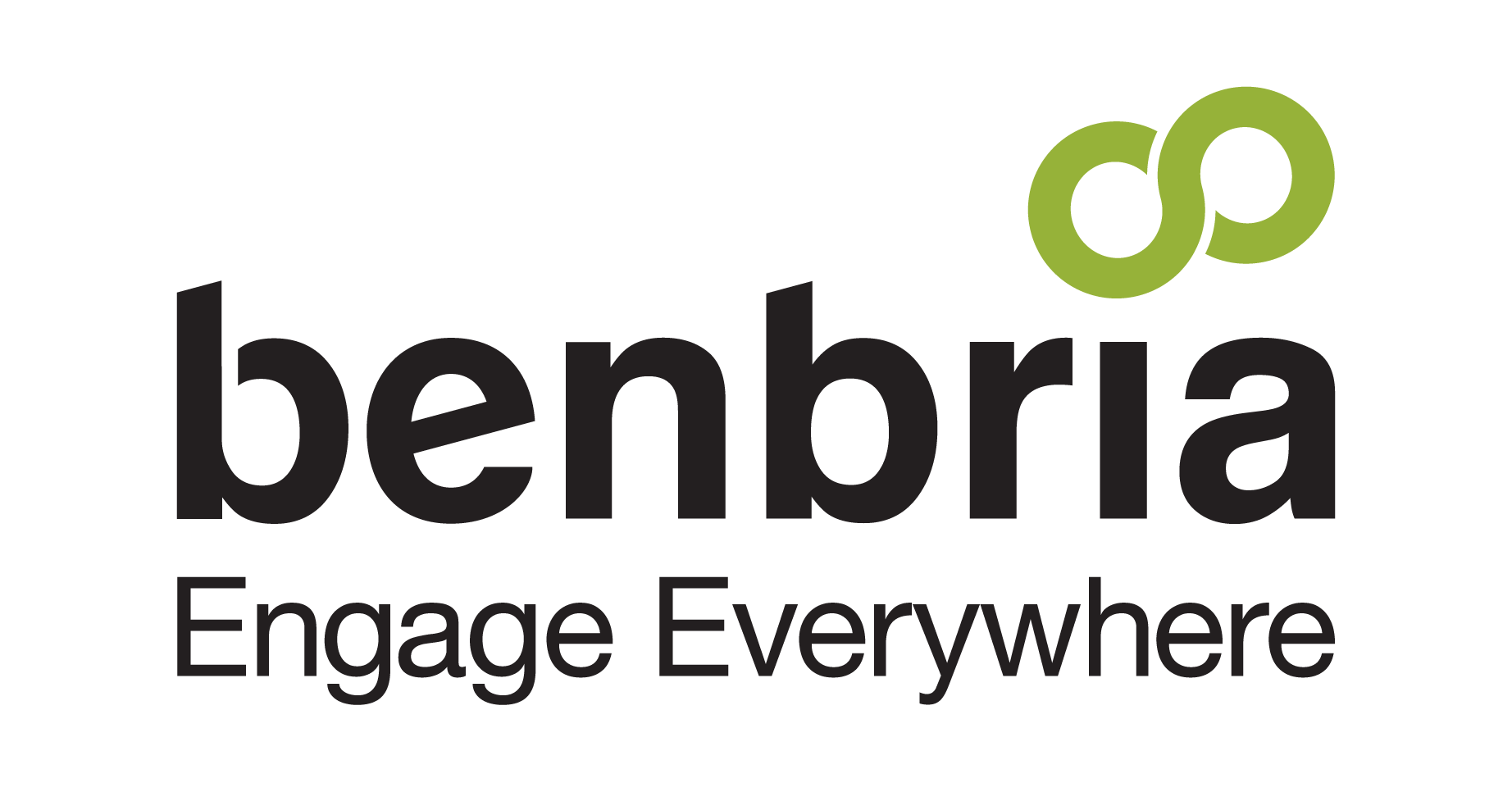If it’s your first time drafting a survey, it can be challenging to understand what types of questions you want to ask your customers.
In most instances, several of your customers will be on completely different journeys, purchasing different products and services. So, how exactly can you create a survey that tackles them all?
In this blog, we’re taking a look at conditional logic; a unique feature that allows you to understand different customer experiences more effectively. In addition, we’ll uncover the benefits of conditional logic and how you can implement it today.
What is Conditional Logic?
Before we dive into the benefits of conditional logic, it’s important to understand the fundamentals, starting with a definition.
Conditional logic is a function, that allows you to create a customized pathway within a survey to draw more personalized answers. This pathway consists of a series of visible, editable, or required questions based on the customer’s answers or selection of one or many questions.
Therefore, a range of customers can be assigned the same survey, but be provided with different questions depending on the answers they provide.
As an example, if a customer says they purchased a product, a pathway might add more detailed questions about that product for more specific insight. In the opposite scenario, if a customer says they didn’t purchase a product, specific questions might be excluded.
Why You Should be Using Conditional Logic
Adding conditional logic comes with a plethora of benefits, here we touch on a select few.
Extract more detailed insights
When creating your customer feedback surveys, you want to extract the most detailed insight possible while keeping the customer engaged. This is directly achieved with conditional logic as you create more specific and narrow pathways. With more granular questions, you receive more specific and relevant insight for your initiatives.
Further, as you ask more specific questions, you eliminate repetitive or irrelevant questions. The customer becomes more engaged and has an increased likelihood of finishing the survey. The more respondents, the more insight.
A better survey experience
The last thing a customer wants to do is fill out a lengthy survey, especially one that includes a number of questions that are irrelevant to their experience. Using conditional logic, survey time can be shortened as certain customers can bypass questions that don’t align with their journey. This provides a better experience, as it’s more efficient for the customer
In addition to length and relevance, personalization is also a major customer preference. According to McKinsey and Co., Seventy-one percent of customers want businesses to provide personalized experiences. And 76% are frustrated when this does not occur. Using conditional logic, you can meet this customer preference to create a better survey experience.
Improve response rates
Similar to what we touched on in our first point, using conditional logic makes for a more engaging survey. In that, customers are more likely to take the time to finish the entire survey. This not only improves response rates but provides you with the most insight possible.
Boost survey reputation
Surveys are a tricky balance. You never want a customer to feel bombarded with irrelevant questions or exhausted by an unnecessarily long survey. Why? This not only impacts customer satisfaction but it can impact your survey reputation.
Survey reputation is how your customers perceive your surveys. It’s the stature, that when given a negative connotation can hinder customer satisfaction and take a toll on future response rates.
Conditional logic remedies this as it allows you to create short and specific surveys, that encourage a customer to fill it out every time.
Cleaner data
Last but certainly not least, conditional logic provides a structured and cleaner set of data. Rather than sifting through tens to hundreds of the same surveys, conditional logic categorizes each survey based on the initial answer provided, making it easy to understand the data extracted from each survey.
The Loop Experience Platform Difference
A pioneer in customer experience measurement, Loop CX is an all-in-one solution that streamlines survey creation while collecting valuable data.
Using Loop you can offer conditional logic within survey settings. In doing so, you can draft and execute engaging and customizable surveys in line with customer preferences.
But that’s not all. With the Loop Experience Platform, you can take surveying and efficiency to the next level with automated features – a robust and effective pairing with conditional logic.
Set customizable alerts as you draft your survey and automate action for specific keywords. This ensures a swift and effective resolution by the right team while keeping all employees in the know. As an example, setting a trigger for “bathroom” and “dirty” could notify cleaning departments in real time. Rather than waiting for whoever manages the solution to notify the cleaning department taking up valuable time, the correct team can remedy the solution at the moment.
Final thoughts
As you draft your ideal customer experience survey, it’s important to keep in mind any way in which you can enhance the customer experience. The easier it is for a customer to fill out a survey and the more engaging you make it, the longer a customer stays with the survey and the more insight you extract to consistently enhance the experience.




